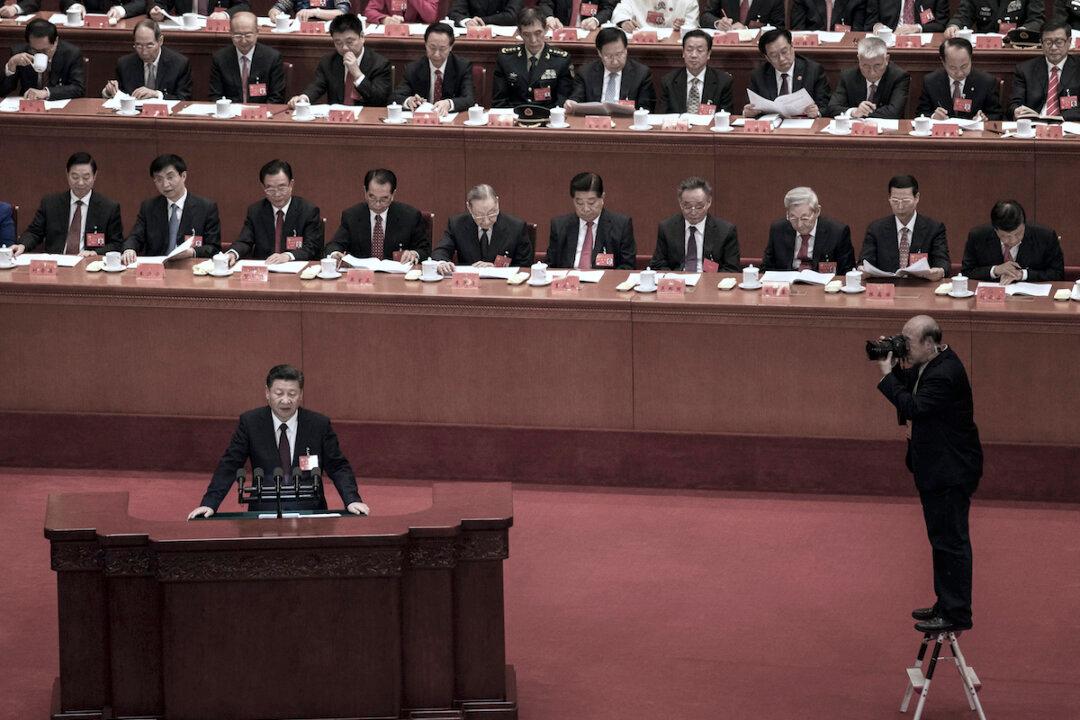China’s communist regime announced that it will hold its 20th Congress on Oct. 16. The meeting is expected to end with the anointing of Xi Jinping to a historic third term as leader.
About 2,300 members of the Chinese Communist Party (CCP) will convene in Beijing, mostly behind closed doors. The event, which occurs every five years, typically runs for about a week.




